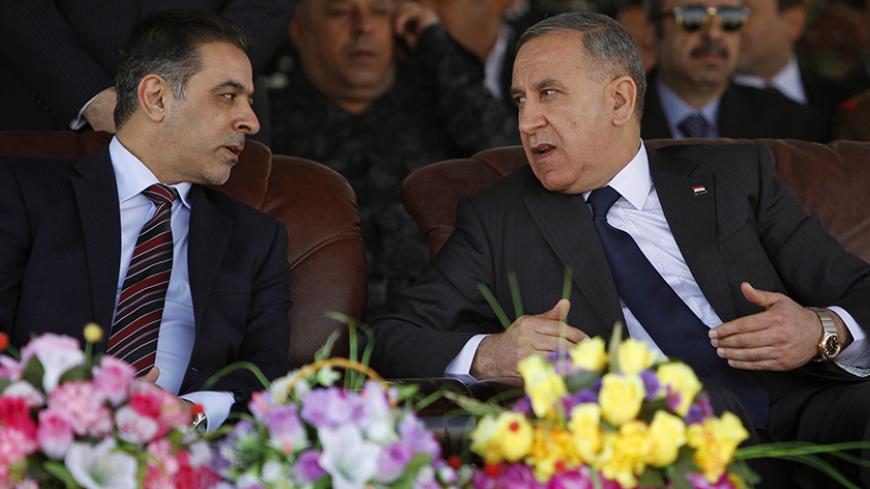Iraq's security and armed forces suffer from a lack of intelligence-gathering capabilities that has affected their ability to draft plans and mechanisms for combating terrorism. The parliament's Security and Defense Committee on Aug. 14, 2014, linked deterioration in the security situation to the ineptitude of the security apparatuses and the state of their intelligence capabilities.
This reality stems from the bitter experience of authorities having failed to anticipate the ongoing attacks on Iraqi cities, particularly Baghdad. The Security and Defense Committee noted on May 11 that security breaches and criminal acts are escalating in the city and asserted that the breaches there are part of the Islamic State’s (IS) strategy to take its battle to the capital. Iraqi authorities have also failed to thwart terrorist acts during direct confrontations with IS. On May 17, IS announced its full control over the city of Ramadi, after the Iraqi army fled the scene.



